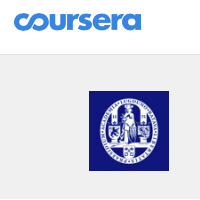Wk2-11 Kuyken - assessing teaching
So following off from the conversation we just had, sort of one of the intentions of the MBI:TAC is to provide a tool to judge whether somebody is ready to teach MBCT or MBSR. So, it has cut-offs for competency and the idea is there's a tool that actually training programs or acccrediting bodies can use and say, I've looked at this person teaching and we think they're competent and they're ready to teach. So that they can work for example with people with recurring depression, they have the competencies. I was involved, the work was led by Rebecca Crane of the University of Bangor and I was involved in it's developement and a huge amount of, kind of thought and consensus work, and consideration went into the development of that tool. And what it essentially tries to do is it tries to chart the domains of competency for a Mindfullness teacher. And through a process of a lot of thought, a lot of fill testing, a lot of trying out. They settled on six different domains, overlapping, but separate domains of competency. And then we looked at the literature of any area. Whether you're playing chess, flying an airplane, becoming a sports person. There's some consensus about degrees of learning. From beginner, to advance beginner, to competent, to proficient, to expert. So in each of those six domains you've got those kind of layers of developing competency and then you've got those six different domains. Now, I'd just come back to the point on my idea earlier around research. Now the next step for us is to do the research to see whether or not that instrument, the MBI:TAC relates to things like patient outcomes. Whether actually it corresponds to a practitioner's own mindfulness practice, their own training. So there's still a lot that we don't know. But I think it's a really good first step in the right direction.

